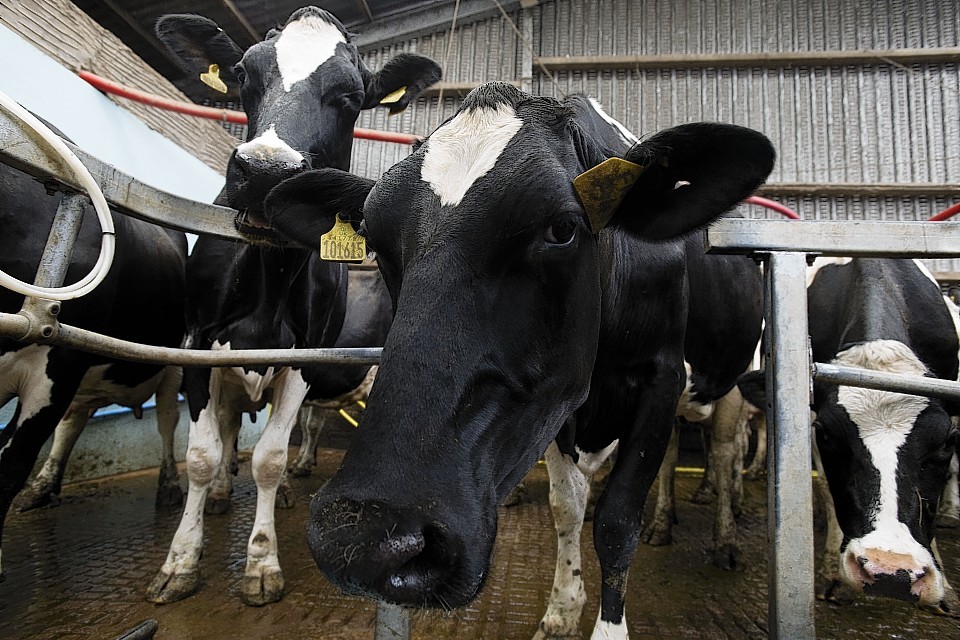Losses narrowed at one of the main milk processors in the UK last year despite a drop in turnover.
Arla Foods Limited – the British arm of European dairy farmers’ co-operative Arla – posted a pre-tax loss of £63.782million in the year ended December 31, 2015.
This compares to a pre-tax loss of £87.968million the year before.
The accounts, filed with Companies House, reveal turnover at the firm was down 14% to £2.575billion, from £2.99billion previously.
The bulk of sales at the firm, which produces Lurpak, Anchor and Cravendale, was in the UK at £2.556billion. This is down from £2.963billion in 2014.
European sales were worth £18.316million, from £27.053million previously, while sales to the rest of the world were down 68% to £35,000.
During the year the company incurred exceptional costs of £779,000 in relation to head office restructuring and a £2.92million impairment loss after writing down a former dairy building which is no longer used as a production site.
The accounts also reveal that average number of monthly employees, including directors, during the year was 3,489, compared with 3,750 in 2014.
Pay to the company’s directors was £2.348million, compared with £2.2016million the year before.
The highest-paid un-named director took home a pay cheque of £556,000, which is up £30,000 on 2014 when they got paid £526,000.
In a statement accompanying the accounts, the firm said: “There is no doubt that 2015 has been a very difficult year for dairy farmers in the UK, and globally. No longer limited by the EU milk quota system, which was abolished in 2015, the increased milk supply from European dairy farmers added to the pressure on the global dairy industry. This happened at a time when the industry was already severely affected by low market growth, the continuing Chinese slowdown in demand and the Russian embargo.”
Arla said it had increased sales of its branded products with the volume of Lurpak and Anchor sold in the year up 4.6%. In addition brand awareness was boosted with the launch of the Arla Big Milk, Skyr and protein products.
The company said the outcome of the Brexit referendum did not change the importance of the UK business to the European co-op and a taskforce had been set up to prepare the business to deal with Brexit when it happens.
“2016 will be another challenging year for the industry as it realises its structural changes, the growing pressure on milk prices, intense competition across our retail customers, and the uncertainty of exchange rates,” added the firm.
